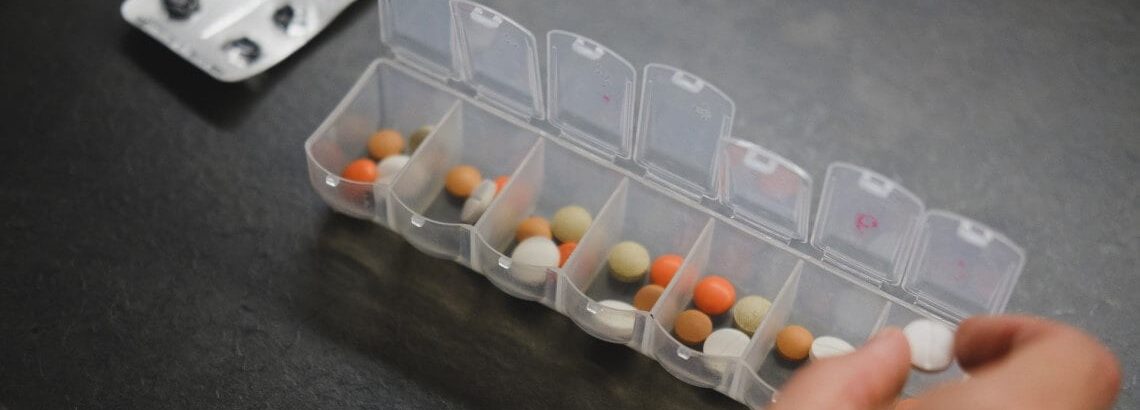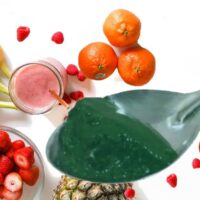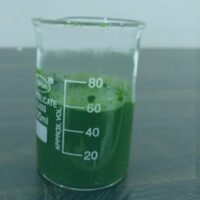Last updated on February 27th, 2024
As health-conscious individuals, we are constantly searching for ways to improve our wellbeing. In our quest to maintain optimal health, many of us spend considerable amounts of money on supplements that promise to deliver the nutrients we need. However, as we become more aware of the risks of consuming diluted supplements from unknown sources, we begin to realize that we are not only wasting our money, but we may also be compromising our health.
The problem with commercial supplements
When we take a closer look at the supplement industry, we quickly realize that many supplements, particularly those in powder form, are often diluted with fillers such as maltodextrin or dextrose. These fillers have no nutritional value and can be harmful to our bodies, especially if we consume them in large amounts over a prolonged period. Additionally, the untraceable source of supplements poses a significant risk, as studies have shown that many supplements on the market contain contaminants from unknown origins that can cause severe health problems.
Several reputable supplement brands are known for their commitment to quality and transparency, often avoiding unnecessary fillers. Brands like Thorne, Garden of Life, NOW Foods, and Nordic Naturals are widely respected in the health and wellness community. They are known for their rigorous testing standards, quality ingredients, and transparency about what goes into their products. While I can’t confirm the specific filler policies for each brand, these brands have a strong reputation for purity and quality in their supplements.
Questionable and Conflicting Effects
Another issue with supplements is their conflicting effects. With so many supplements claiming to deliver the same nutrients, it’s hard to tell which is genuinely effective. It’s not uncommon to find that two different supplements containing the same nutrient have different absorption rates. In some cases, these supplements can even contain ingredients that counteract each other, reducing their effectiveness. Other risks include:
- Over-supplementation: Taking higher doses of certain vitamins or minerals than the body needs can lead to adverse effects. For example, excessive intake of vitamin A can cause liver damage, while too much vitamin C can lead to kidney stones.
- Interactions with Medications: Supplements will always interact with prescription medications, for better or for worse. In some cases, they can diminish their efficacy or exacerbate their side effects. For instance, St. John’s Wort can interfere with the effectiveness of antidepressants and birth control pills.
- Purity and Quality Concerns: The supplement industry is not regulated as strictly as the pharmaceutical industry, leading to potential issues with purity and quality. Products may contain contaminants or not provide the advertised levels of active ingredients.
So, what’s the solution?
To start, you should consider adding spirulina to your diet. It contains a huge variety of nutrients that will reduce the need to take so many other supplements, including protein, vitamins A, B, E, K, omega 3, Iron, magnesium, zinc and many more. But since the same problems that I mentioned are also common in the spirulina industry, our best advice is to grow your own.
By growing your own spirulina, you’ll have the peace of mind that comes with knowing exactly where your source of nourishment is coming from. The beauty of growing your own is you have full control over the quality of your spirulina. You can be sure that there are no harmful fillers, and the source is entirely traceable.
But growing this nutrient-rich superfood is not only highly beneficial for your health, it’s also a wise investment for your wallet. Growing your own spirulina is a cost-effective and practical alternative to store-bought supplements.
Ready to take a step towards better health?
Grow Your Own Spirulina





